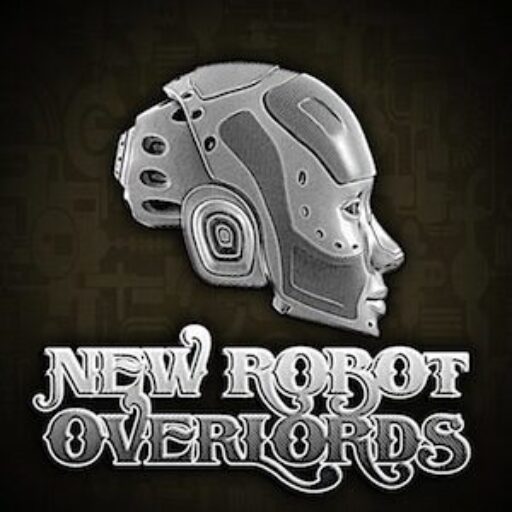The online dating landscape is undergoing a monumental shift as major platforms like Tinder, Hinge, Bumble, and Grindr integrate artificial intelligence into their services. The companies say the aim of this shift is to enhance user experiences, streamline interactions, and tackle persistent challenges facing the industry. Here’s a closer look at how AI is reshaping the world of online matchmaking and the hurdles it faces.
Dating apps are increasingly turning to AI to revolutionize user engagement. Platforms are developing sophisticated AI-driven tools and chatbots to assist with various aspects of the dating journey.
- Profile Creation: AI tools help users craft profiles that stand out.
- Icebreakers: Automated systems generate creative and engaging conversation starters.
- Flirting Feedback: Chatbots provide real-time advice on improving communication and romantic strategies.
These tools are designed to make the process more enjoyable and less daunting for users, potentially leading to more successful connections. Grindr is leading the charge with its new AI chatbot, the Grindr Wingman. This assistant aims to address common frustrations of online dating by offering suggestions tailored to users’ profiles and chat histories and assistance in overcoming repetitive interactions and maintaining engagement. The Grindr Wingman represents a significant step towards reducing user fatigue and improving the overall dating experience by making interactions more engaging and personalized.
Tinder and Bumble are also investing heavily in AI to enhance their platforms. Tinder plans to roll out AI tools within the next year, including a feature that helps users select the best profile photos. This tool aims to alleviate the burden of photo selection, which is often a source of stress for users. Bumble is developing a similar feature to assist with profile photo selection, reflecting a broader trend of using AI to simplify and improve the user experience.
Despite these advancements, the online dating industry faces significant challenges. Dating apps are struggling to attract and retain users. Bumble recently saw a notable drop in its stock value after missing revenue targets, while Tinder has faced declining subscriber numbers for several consecutive quarters. The parent company of Tinder and Hinge is under pressure to deliver improvements. It is focusing on AI as a key strategy to enhance performance and user satisfaction.
Hinge is aiming to create a more personalized matchmaking experience with AI. The platform plans to introduce a chatbot that provides feedback on user responses to profile prompts. This initiative is part of Hinge’s broader goal to offer a more tailored and engaging dating experience. Match Group is investing in AI talent to boost its dating products. The company is redirecting resources from its acquisition of Hyperconnect to focus on developing AI tools for Tinder and Hinge. This investment underscores the importance of AI in shaping the future of online dating.
Despite the excitement around AI, some experts remain skeptical. They question whether AI can genuinely make romantic connections more efficient, noting the inherent unpredictability of human relationships. As the online dating industry continues to evolve, the integration of AI offers promising new ways to enhance user experiences and address longstanding challenges. However, the effectiveness of these innovations and their impact on the nature of romantic connections remain topics of ongoing discussion and debate.
Moreover, privacy and ethical concerns present significant challenges as AI becomes more embedded in online dating platforms. Users are increasingly wary of how their data is being utilized, especially when sensitive personal information is involved. The use of AI algorithms to analyze messages, preferences, and behavioral patterns raises questions about consent, data ownership, and transparency. Dating platforms must navigate these concerns carefully to build trust and ensure compliance with data protection regulations like GDPR and CCPA.
There is also the potential for AI to inadvertently reinforce biases or lead to unintended consequences, such as over-filtering potential matches based on narrowly defined criteria. This could limit the diversity of connections users might otherwise make, leading to a more homogenized dating experience. Furthermore, while AI tools like chatbots and photo selectors aim to make dating more efficient, they could reduce the authenticity of interactions by relying too heavily on automation. The balance between leveraging AI for convenience and maintaining the organic, human aspects of dating is delicate. As the technology evolves, dating platforms will need to continually reassess and refine their approaches to ensure that AI serves to enhance, rather than detract from, genuine human connection.



